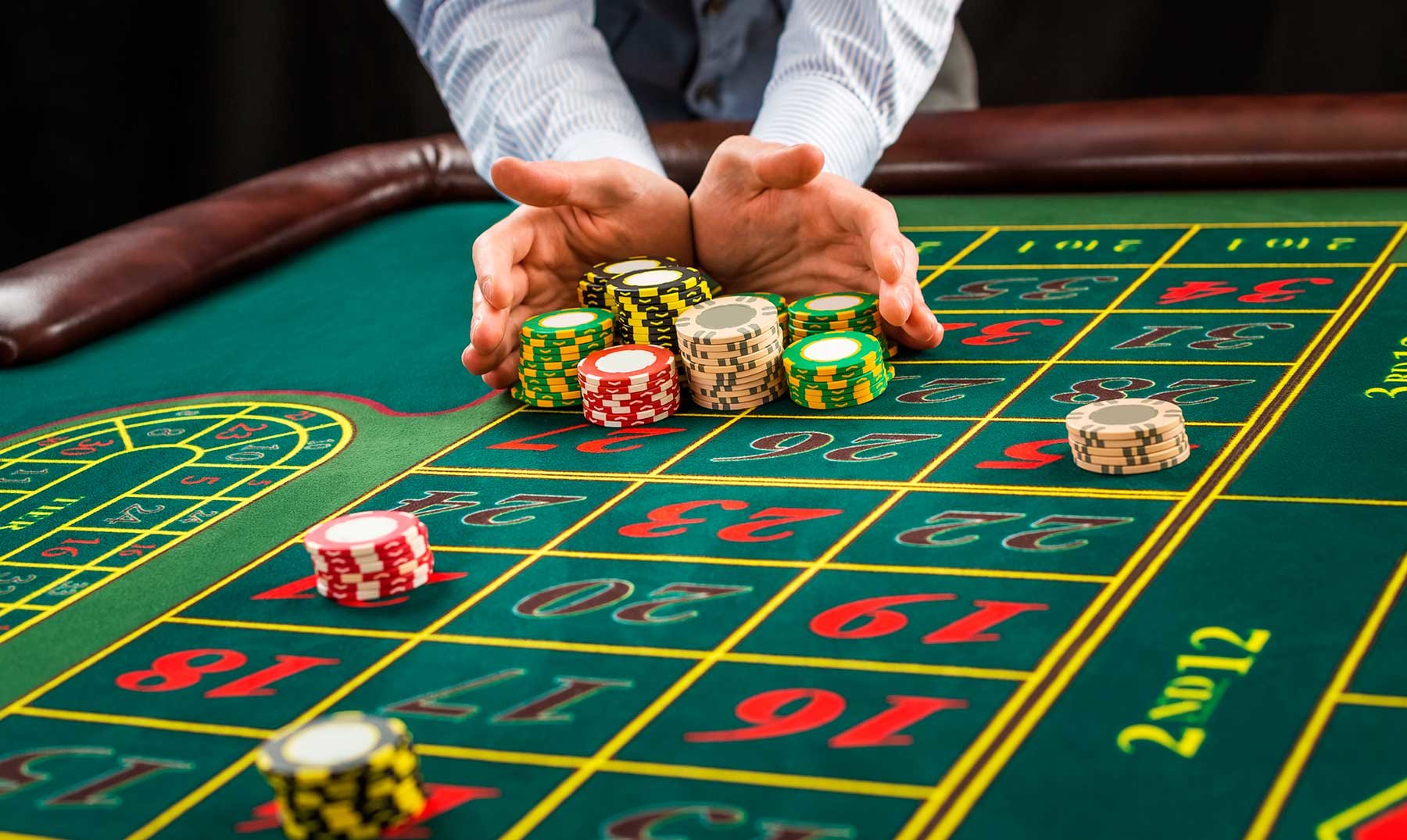
Casino games have long captured the fascination of humans around the globe, becoming an integral part of both leisure and culture. From the sparkling lights of Nevada to the captivating experience of online gaming, these games evoke enthusiasm, uncertainty, and sometimes even a sense of remembrance. They are beyond simply pastimes; they have woven themselves into the tapestry of our lives, influencing everything from film and music to style and literature.
The appeal of casino games goes beyond the wagering aspect, tapping into broader themes of luck, chance, and psychology. Rikvip As players assemble around a gaming table or spin the roulette, they engage in an timeless ritual that connects with our shared desire for adventure and uncertainty. This captivation has led to the rise of many references in films, music, and gaming, showcasing how strongly entrenched these activities are in pop culture. Whether it is the intense drama of a traditional robbery film or the colorful nightlife portrayed in music videos, casino games have carved out a substantial place that reflects our connection with risk and reward.
Social Importance of Gambling Activities
Gambling activities have played a crucial role in cultural contexts throughout history. Stemming from old societies, games of chance were often linked to rituals or gatherings. For example, early iterations of gambling can be linked back to ancient Chinese and the Roman Empire, where dice games and wagering on results were popular pastimes. These games not only functioned as entertainment but also as means of connecting people, facilitating connections among individuals within societies.
As societies evolved, so did the sophistication and structure of casino games. The establishment of formal casinos in the 17th century, particularly in the Italian region, marked a significant shift in how games were viewed and organized. With designated spaces for gaming, the casino became a community center where people from various backgrounds gathered. This evolution contributed to the legitimization of the industry, transforming it from a mere pastime into an established industry that shaped the economy and regulations.
The impact of gambling activities on popular culture cannot be understated. As they were brought into the limelight in literature and film, games such as Texas Hold’em and 21 became symbols of risk, chance, and tactics. Iconic characters and narratives have emerged around these activities, reflecting societal attitudes towards fortune, wealth, and immorality. This fascination with casino activities has permeated various forms of media, cementing their place in the public imagination and connecting them to wider cultural stories throughout history.
Representation of Gambling Activities in Media
Casino activities have long been a popular topic in different types of entertainment, reflecting both the excitement and complexities of the world of gambling. Films such as Ocean’s Eleven and Casino Royal portray individuals who navigate intense situations, showcasing not only the attractiveness of the casino atmosphere but also the strategies and choices that come with playing popular games like Texas Hold’em and blackjack. These films often dramatize the excitement of winning and the potential consequences of losing, encapsulating the dangers involved in gambling.
TV programs have also explored the world of casino games, often integrating them into the storyline as a backdrop for character arcs and conflict. Series like Vegas depict the lives of gambling employees and customers, highlighting the vibrant, often disorderly energy of the casino floor. Reality shows featuring high-stakes gambling competitions further emphasize the fascination of gambling activities, drawing viewers into the tension and planning involved in each session. Through these depictions, media not only amuses but also prompts conversations about luck, skill, and the character of chance.
Digital games have increasingly integrated gambling activities into their structure, allowing players to experience the feeling of betting without financial risk. Titles within the domain of digital gaming often include virtual slots, online poker, and other casino favorites, creating an interactive experience that mirrors real-life gameplay. These virtual portrayals make gambling activities accessible to a broad demographic, appealing to both gamblers and those who enjoy the thrill of virtual experiences. As a outcome, the representation of casino games in media continues to shape public perception and importance, highlighting their function in society and social context.
Impact of Gambling Activities on Society
Casino games have a significant impact on communities, influencing multiple aspects of culture and social behavior. They often function as a platform for community engagement, where people come together to enjoy a shared experience. Game nights with friends or visits to casinos become group events that foster connections and create memories. This communal aspect enhances the fun value of gambling activities, making them a favored choice for festivities and leisure activities.
Additionally, casino games have been portrayed in numerous movies, television shows, and literature, shaping views and opinions towards gaming and betting. Icons like James Bond playing baccarat or the intense poker scenes in films have embedded these games in the collective imagination. This depiction often glamorizes the culture associated with gambling, drawing in new players and influencing trends in both fashion and conduct. These representations can ignite curiosity and lead to a more profound investigation of the intricacies of gambling.
Nonetheless, there are also negative implications linked to the widespread appeal of gambling activities. The allure of quick monetary gain can lead to problem gambling and economic troubles for some individuals. The community must contend with these consequences, promoting responsible gambling and education of the risks involved. Finding a balance between the entertainment value of gambling activities with the potential for harm is crucial to ensure that they continue to be a positive aspect of our societal fabric.